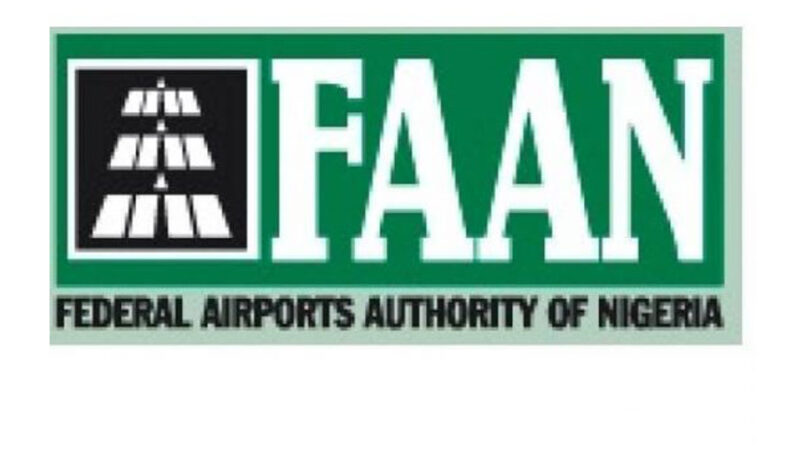Port-Harcourt Airport Generates Over N21 Billion In Four Years

The Regional General Manager, South South and Airport Manager of Obafemi Jeremiah Awolowo International Airport (PHIA), Omagwa, Mrs. Ifesinachi Lynda Ezike says the airport generated a total revenue of N 21,408,731,495.62 ($ 631,479.68) between 2021 and 2024.
In her presentation titled Investment Opportunities In Airport Public-Private Partnerships, made yesterday at the10th Airports Business Summit & Expo (ABSE) held in Lagos, Lynda who was represented by Mrs. Nneka Alumona said the airport generated N2,141,273,717.79 ($109,949.39) in 2021 and N10,643,614,713.83 ($ 71,112.08) in 2024.
According to her, a total of N 7,465,086,663.73 ($171,668.78), representing 70% of total 2024 revenue has been generated between January and June 2025 (a six month period). N1,988,772,170.57 ($4,073.52) was generated in January and N1,284,877,729.02 ($ 11,668.20) in June 2025.
She said the Port Harcourt International Airport established in 1978 was designed to bolster connectivity in Rivers State and underpin economic expansion and has undergone significant modernization, now serving approximately 1.5 million passengers annually across domestic and international routes. It supports 64 daily flights with major airlines like Lufthansa and Qatar Airways.
In her SWOT Analysis, Ezike identified as Strengths, the airport’s strategic location in Nigeria’s economic hub, growing air travel demand in Nigeria and Africa, world-class international passenger and cargo terminals, annual passenger traffic capacity of about 1 million and extensive land mass of over 2,687 hectares for expansion.
Challenges are aging infrastructure and inadequate facilities, reliance on manual operations and high operational costs, limited international airline operations (only 4 international), heavy dependence on aviation-related income and aging staff demographic and need for continuous training.
Opportunities include diversification into non-aeronautical revenue like hotels, technology adoption for efficiency and passenger experience, potential to become a regional aviation hub for West Africa, expanding cargo handling to capitalize on e-commerce and available land for airline home base facilities.
There are Threats like economic downturn impacts traffic and purchasing power, increasing competition from other regional airports, security challenges impacting operations and safety, cost and availability of spare parts for operations and fuel price volatility affecting airline profitability.
“Port Harcourt International Airport has met over 75% of the NCAA requirements for aerodrome certification, with the aerodrome manual and SOPs already developed and approved,” she said, adding that critical gaps to close for aerodrome license issuance are construction of a taxiway lane to the isolated aircraft parking bay, implementation of airfield lighting CAT 2, installation of conventional taxiway lighting and construction of a ground handling equipment bay.
She further said the rationale for the Public-Private Partnership (PPP) Model of airport development is improved Infrastructure as PPPs enable project delivery without sole reliance on public funds, increased efficiency since private sector expertise enhances project efficiency and quality, sharing of risks distributed by PPPs thereby reducing the burden on governments, innovation and cost savings as private involvement drives innovation, technology, and cost efficiencies. The other one is enhanced service delivery.
“Port Harcourt International Airport stands as a gateway to economic transformation for Rivers State and Nigeria at large. The airport has witnessed significant infrastructural improvements and service enhancements, laying a strong foundation for future growth.
Diverse investment opportunities exist across non-aeronautical revenue streams, infrastructure development, and service optimization.
The adoption of Public-Private Partnership (PPP) models offers a strategic path to sustainable development, innovation, and financial viability. By embracing effective governance models and transparent implementation processes, stakeholders can unlock immense value while enhancing passenger experience and operational efficiency,” she concluded.






